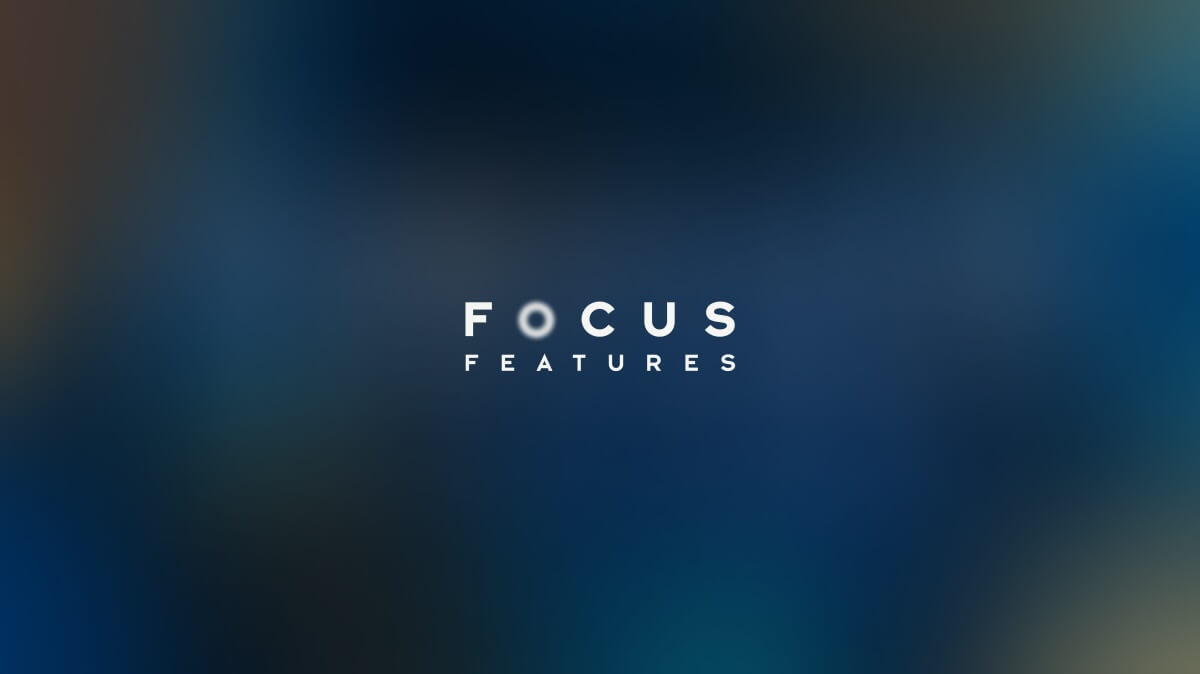
David Cronenberg On the Web
Scott Macaulay discovers a range of internet sites that look for the real David Cronenberg.
If in the 1970s you used the word "viral" when discussing David Cronenberg, you would most likely have been referring to the biological organisms that squirted through the storylines of his early films. Like, for example, the sexually transmitted bug in 1975's Shivers that unleashes a wave of violence and unbridled promiscuity in a luxury high rise.Or, the blood-borne pathogen in 1979's Rabid that turns a Montreal community into a horde of violent zombies. Indeed, while other horror directors of the time were sending hockey-masked psychos after randy co-eds, Cronenberg with his films was anticipating the body shocks and psychic unrest that would occur ten years later with the AIDS epidemic and other medical crises.
Nowadays, though, drop the word "viral" in conversation and you might just as well be talking about an internet marketing campaign for a new energy drink. Apply it to Cronenberg again and you'd probably be talking about the sprawl of hyper-linked web sites that reference the director, engaging in everything from fanboy chatter to complicated dissertations on gender, art and politics as they are explored in his films.
A first stop in a web survey of David Cronenberg is this David Cronenberg fansite run by Hans Heydebreck, a media student in Kiel, Germany. Heydebreck states that he was motivated to start the site, which features links to various interviews and scholarly articles, by the questions posed in Cronenberg's films. "Mostly, he deals with themes that interest me," Heydebreck says in an email, "not giving simple answers but rather asking exciting questions. I haven't seen the themes of love and identity explored in such a way elsewhere before. One reason that Cronenberg's films are so appealing is their relative openness-their multiple layers never contradict each other."
Appropriately, Heydebreck sees Cronenberg's philosophy of communication as one that's tightly interwoven with the idea of the internet. He even notes that the Interzone bar in 1991's Naked Lunchresembles nothing so much as a contemporary internet café - "existing nowhere, where the strangest people meet by sitting at their desk typing." Heydebreck also views Spider, the director's 2002 English period drama about schizophrenia, through the prism of the Net. "The web in the film Spider functions as a metaphor for the internet," he writes. "Someone exists in a space where past, present and future meet in the same way that the internet of tomorrow will be tomorrow's changed version of the one today."
While Heydebreck's site may be the dominant fansite of the moment, there is much other information on the director online. Senses of Cinema features this fascinating essay by critic Ashley Allison that considers Cronenberg not just as an artistic pioneer but also, simply, as a director working in Canada. Covering his career up through Spider, Allison shows how the aesthetic abandon and genre-twisting of Cronenberg's early films owed much to the freedom allowed by their financing source: Canadian tax shelters.
For even deeper thinking on Cronenberg, surf over to the University of California at Berkeley, which maintains a web bibliography of academic writings on the filmmaker. It is here you'll find news of dissertations and essays such as David Cronenberg's Anatomy Lessons," "The Artist as Monster," "The Darkness is not the Devil: Atheism and "the Death of Affect" in the Films of David Cronenberg," and "The Bloody Spectacle."
As any owner of a Cronenberg DVD with a commentary track knows, however, Cronenberg's best critic is himself. He is capable of thrillingly discussing everything from splatter effects work to the philosophy of René Descartes. (In fact, the two can go hand in hand. Quoted in Chris Rodley's Cronenberg on Cronenberg, the director says that after he successfully shot the exploding heads scene in Scanners he realized that by blending "the sensual and the cerebral" he could finally "heal the Cartesian schism.") On the web Cronenberg's thinking can be found in this career-spanning interview by critic David D'Arcy on the GreenCine site. "For me the first fact of human existence is the human body," Cronenberg told D'Arcy. "That is the beginning and end of us - that's my own personal philosophy... And therefore, that explains why my films tend to be very body-oriented."
To listen to Cronenberg discuss his work in depth, the American Museum of the Moving Images offers free MP3 downloads of two wide-ranging Cronenberg talks. The first, recorded in 1992, took place on the release of his William Burroughs adaptation Naked Lunch. The second, in 2003, finds him talking about Spider in addition to his career as a whole.
To both listen and watch Cronenberg talk about filmmaking, check out this clip from Rocketboom filmed on the occasion of the director's curation of an Andy Warhol exhibition at the Art Gallery of Toronto in 2006. In addition to commenting on Warhol's underground movies, he offers some thoughts on the way the web is changing filmmaking itself:
"The main effect the web and all the ancillaries of the web is going to have [on cinema] is that there will no longer be the pretense that there is a mass audience. The idea of a mass audience was an invention of the industrial revolution... The audience [today] is so splintered in its interests, and where that will lead is a very interesting question."